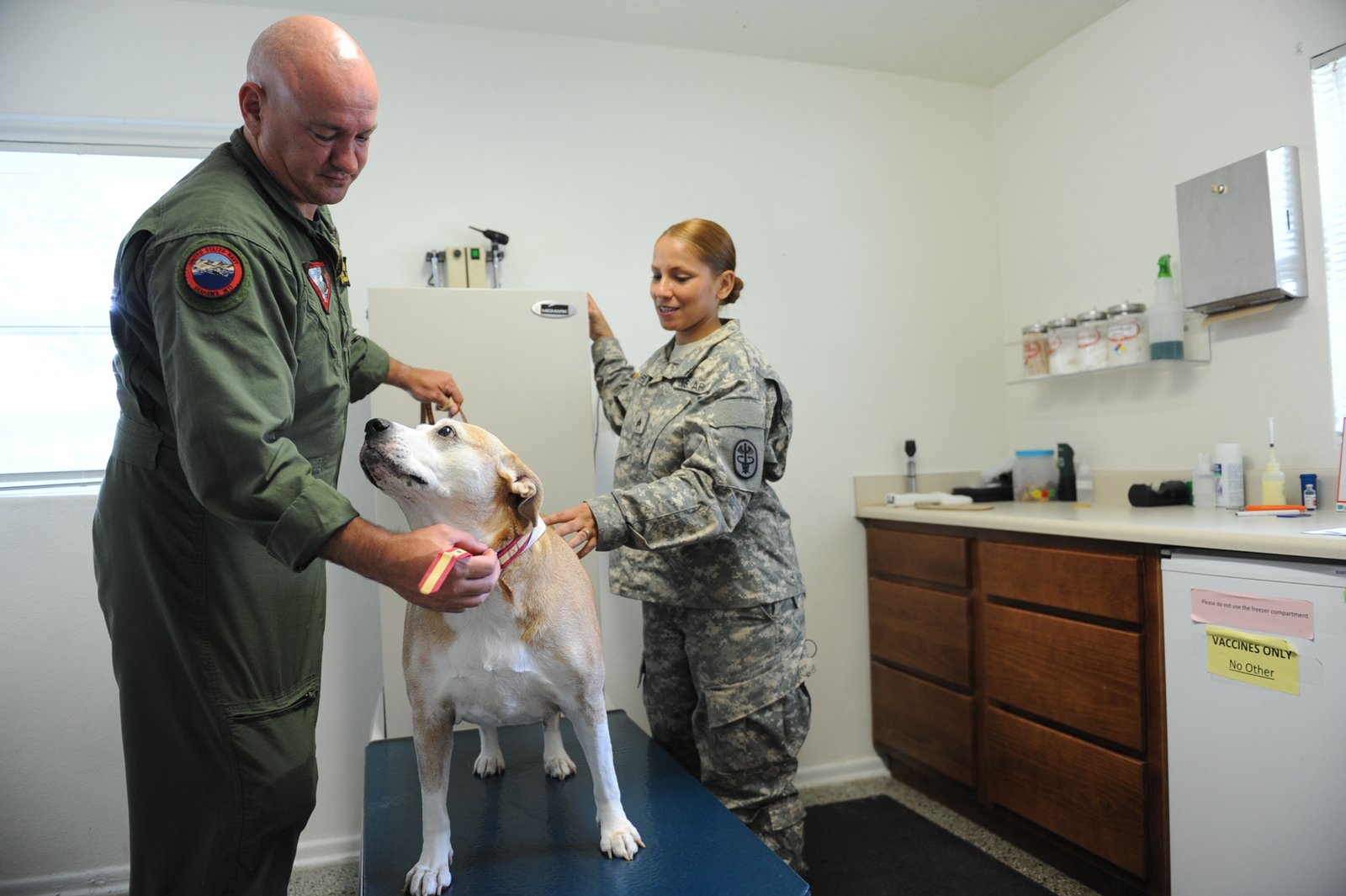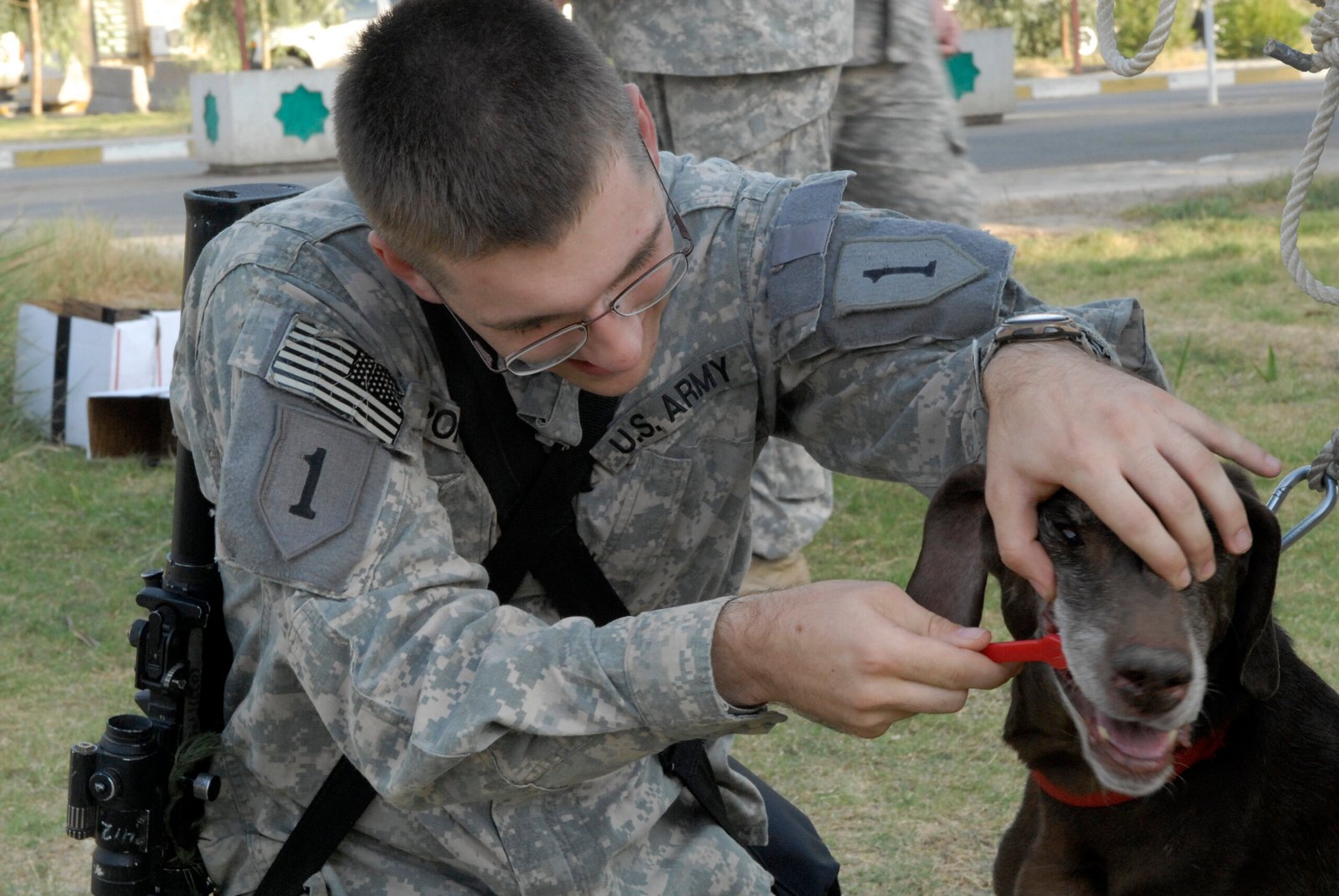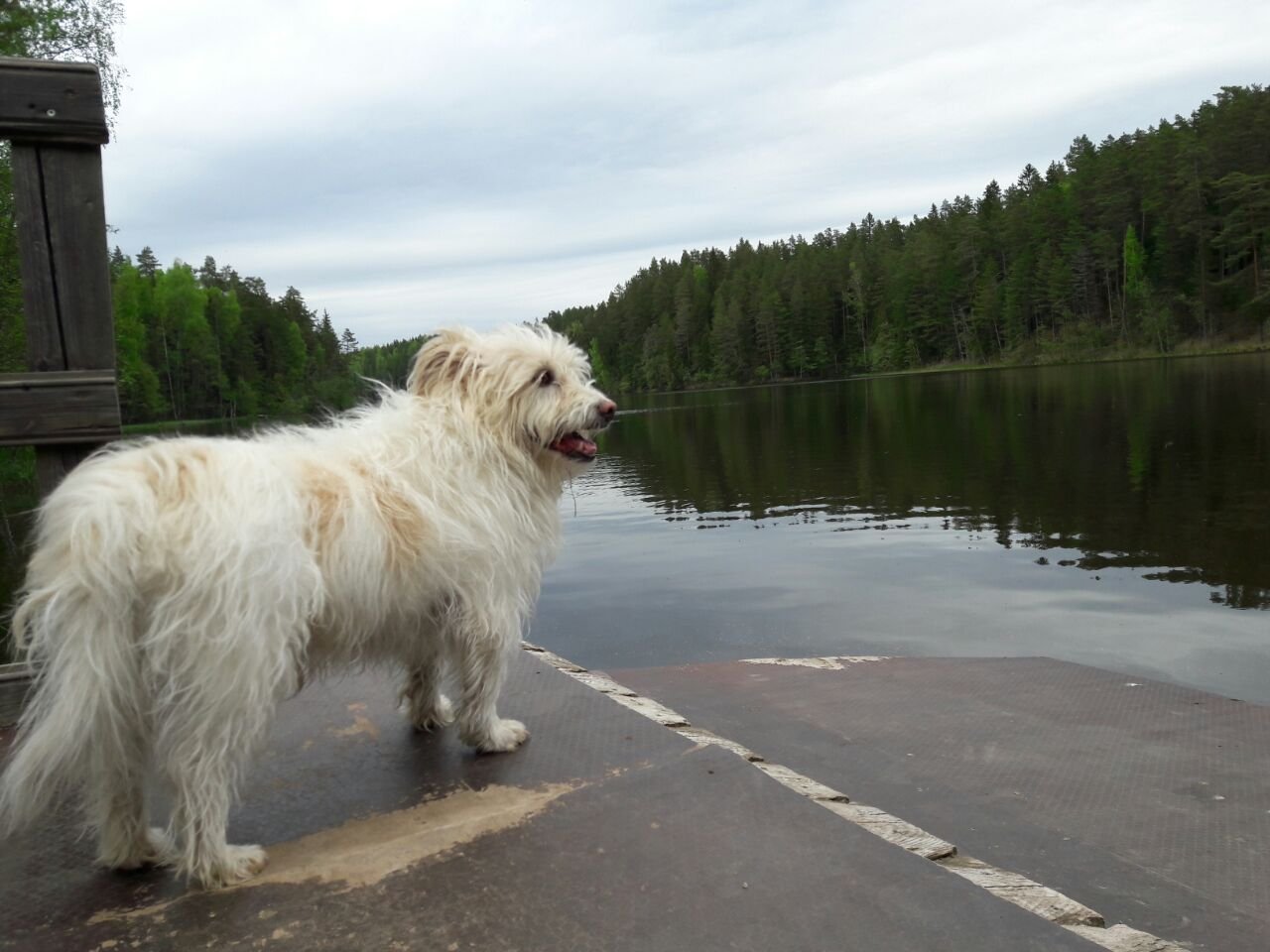Have you ever caught yourself second-guessing if you’re doing right by your dog? You’re not alone. Even with the purest intentions, every dog lover stumbles sometimes. It’s easy to miss a subtle cue or fall into a routine that isn’t quite what your furry friend needs. As someone who’s spent years around dogs (and made more than a few blunders myself), I know how much we want to get it right. So, let’s shine a gentle light on the top mistakes dog owners make—without judgment, only with empathy and a little friendly guidance. Ready to see where we can do even better for our four-legged family members?
Skipping Regular Vet Visits

It’s tempting to skip a check-up when your dog seems perfectly healthy, but a wagging tail doesn’t always mean all is well. Dogs are masters at hiding discomfort; by the time symptoms are obvious, issues could be advanced. Annual or bi-annual vet visits catch silent problems—like dental disease or early arthritis—before they become emergencies.
Routine exams also keep vaccinations up to date and give you a chance to discuss any quirky behaviors or changes you’ve noticed. Prevention is way less stressful (and expensive) than last-minute trips to the emergency clinic. Think of the vet as your dog’s health partner, not just someone you visit when things go wrong.
Neglecting Dental Care

Doggy breath isn’t just a nuisance—it’s often a red flag for gum disease or tooth decay. Dental issues can lead to pain, infection, and even impact your dog’s heart or kidneys if left untreated. Chewing on toys or the occasional dental treat helps, but most dogs need regular brushing or professional cleanings.
Start slow if your dog’s not used to it—rub their teeth with your finger before introducing a toothbrush. Just a few minutes a week can make a world of difference. Don’t feel guilty if you’ve overlooked this; many owners do. The good news is, it’s never too late to get started.
Overfeeding and Under-Exercising
It’s hard to resist those big, pleading eyes, but “just one more treat” can add up fast. Overweight dogs are at higher risk for diabetes, joint pain, and even certain cancers. Portion control and high-quality food are key—check the guidelines on the bag, and adjust for your dog’s age, size, and activity level.
Exercise isn’t just about burning calories. Walks, games of fetch, or even a romp in the backyard help your dog burn off energy, manage stress, and stay mentally sharp. If your dog’s turning into a couch potato, mix things up with a new trail or squeaky toy.
Skipping Socialization

Puppies have a critical window to learn about the world, but even adult dogs benefit from new experiences. Without socialization, dogs can become anxious, fearful, or even aggressive around strangers, children, or other animals. Socialization isn’t just about dog parks—it’s about positive exposure to a variety of sights, sounds, and smells.
Start with short, calm introductions to new people and environments. Watch for signs of stress—like tucked tails or lip licking—and never force your dog into a scary situation. Every positive encounter builds your dog’s confidence and strengthens your bond.
Ignoring Behavioral Cues
Dogs “talk” with their whole bodies. A yawn can signal stress, a tail tucked between the legs means fear, and a stiff stance might warn you of discomfort or pain. Too often, owners misread or ignore these signals, leading to frustration or even bites.
Paying close attention to your dog’s body language—ears, eyes, tail, and posture—can help you spot problems before they escalate. If you notice your dog suddenly avoiding touch or acting differently, don’t brush it off. Trust your instincts and investigate further.
Using Harsh Discipline
Yelling, leash jerks, or physical punishment might stop a behavior in the moment, but they erode trust and can make problems worse. Dogs don’t misbehave out of spite; often, they’re confused, anxious, or simply don’t know what’s expected.
Positive reinforcement—lots of praise, treats, and patience—teaches your dog what to do instead. If a behavior isn’t changing, ask yourself if your cues are clear and consistent. When in doubt, a certified trainer can help translate dog language for both of you.
Forgetting Mental Stimulation

A bored dog is a mischievous dog. Without enough to do, dogs invent their own entertainment—like chewing shoes or barking at every squirrel. Mental exercise is just as important as physical activity; it keeps your dog sharp and content.
Try puzzle toys, hide-and-seek games, or training sessions that challenge your dog’s mind. Rotate toys to keep things fresh. Even five minutes of “find the treat” can turn a dull day into an adventure.
Leaving Dogs Alone Too Long

Life gets busy, but dogs are social creatures who crave company. Long hours alone can lead to separation anxiety, depression, or destructive behaviors. Even the most independent breeds need connection and structure.
If your schedule is unpredictable, consider a dog walker or pet sitter. Leave a special toy or treat when you go out, and keep goodbyes and hellos calm to reduce stress. Your dog’s world revolves around you—don’t underestimate the power of your presence.
Overlooking Flea, Tick, and Parasite Prevention
It’s easy to forget parasite prevention, especially in colder months. But fleas, ticks, and worms can strike year-round, causing everything from itchy skin to serious illness. Monthly preventatives—oral or topical—are far easier than dealing with an infestation.
Watch for excessive scratching, scooting, or changes in appetite. Regular grooming and checking your dog’s coat after outdoor adventures reduce the risk. If you’re unsure about the best protection, your vet can tailor advice for your area and lifestyle.
Not Adapting as Your Dog Ages
Senior dogs need different care than puppies or energetic adults. As dogs age, their joints may stiffen, senses dull, and dietary needs shift. Ignoring these changes can leave your old friend uncomfortable or struggling.
Soft bedding, slower walks, and more frequent vet checks help keep seniors happy. Watch for subtle signs—like reluctance to jump or changes in sleep habits. Adjusting your routine shows your dog you’re listening, even as the years go by.





